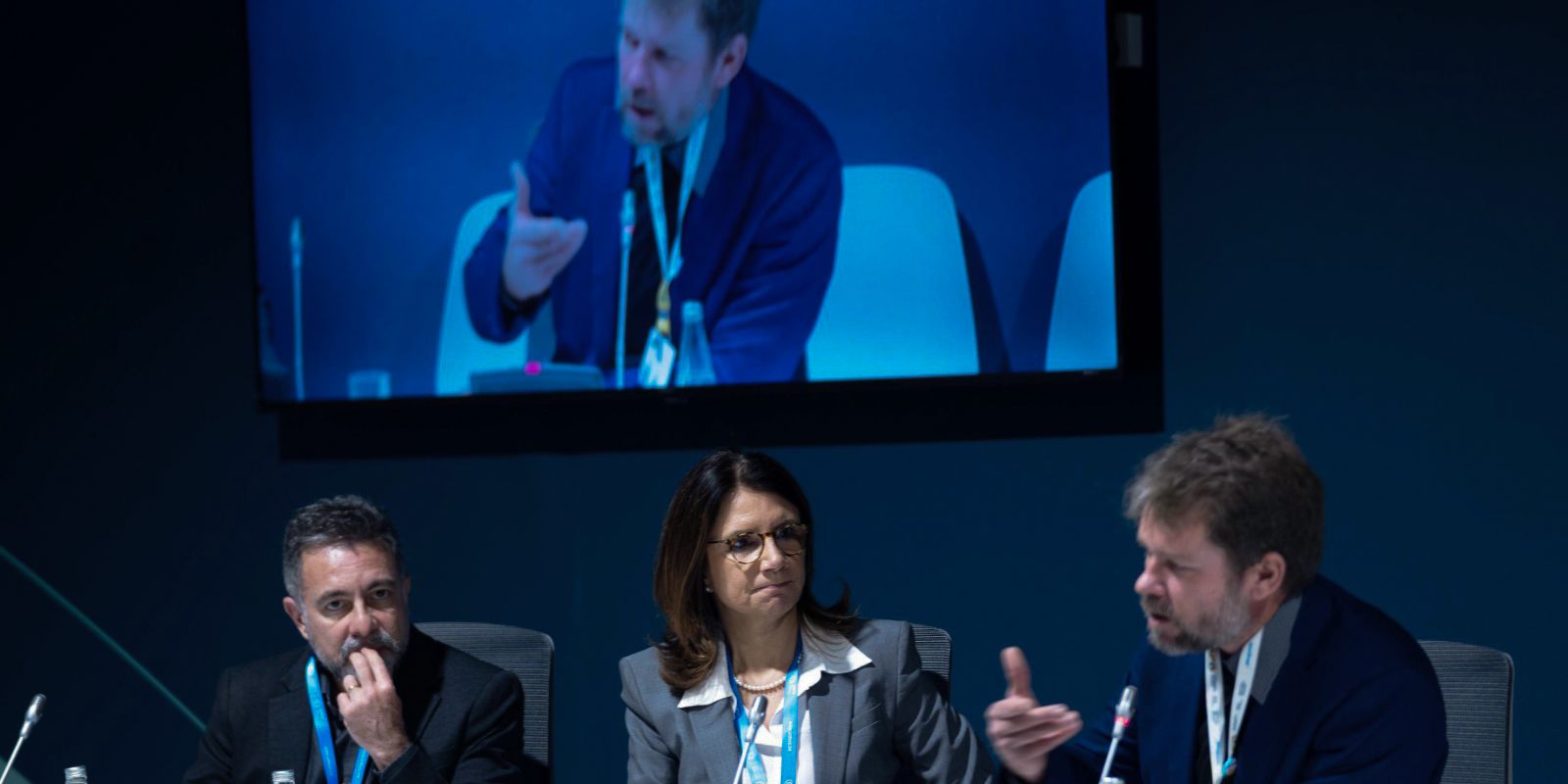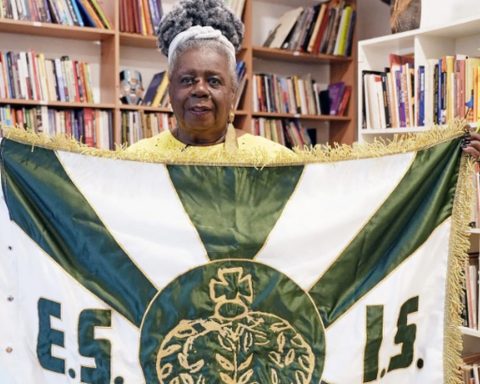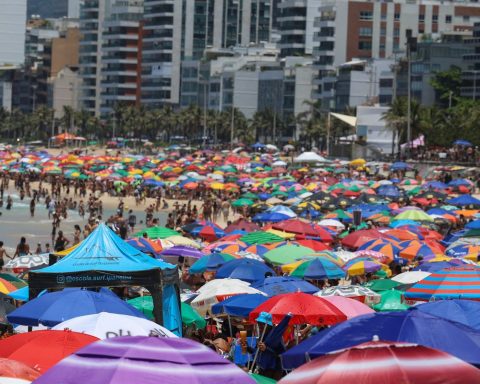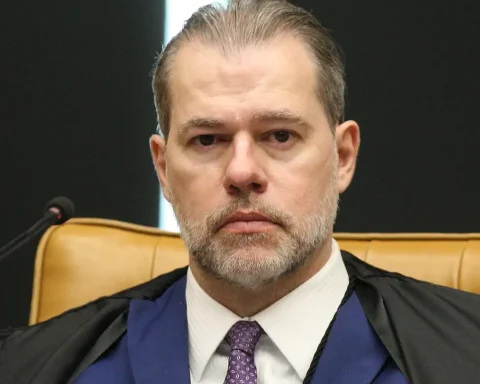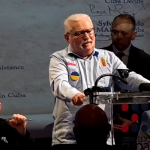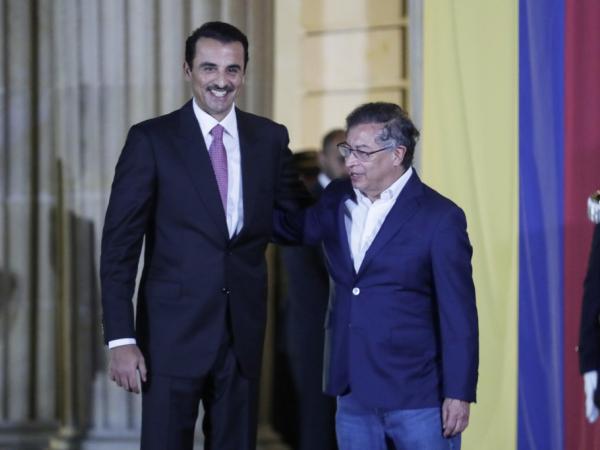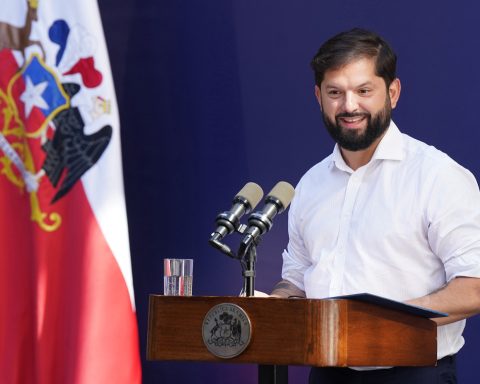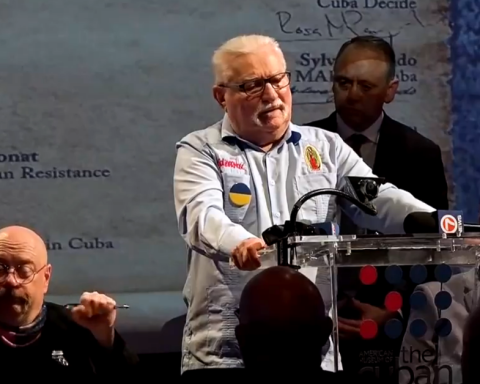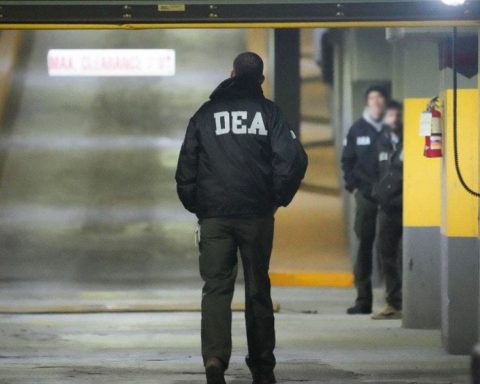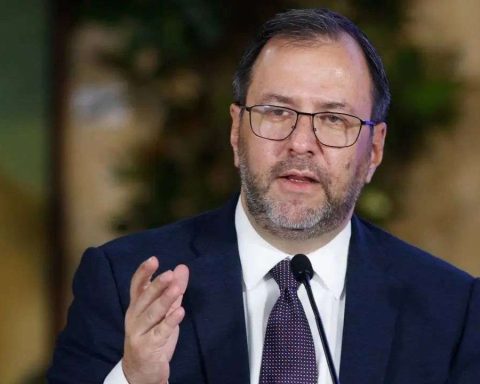The management of climate and socio-environmental risks in project financing in Brazil was the subject of debate at the 29th United Nations Conference on Climate Change (COP29), in Baku, Azerbaijan. During a panel held as part of the official program, social organizations defended the alignment of rules for the entire financial system, so that access to capital and insurance is restricted to initiatives committed to sustainability.
“When thinking about climate change, I can say without fear of being wrong that the system finances the worsening much more than the mitigation and adaptation”, says Luciane Moessa, executive and technical director of the Associação Soluções Inclusivas Sustentáveis.
The specialist was responsible for presenting the proposal to align the rules for access to capital market resources, insurance and even other credit operations, with the model adopted by the country in granting rural credit. For Luciane, this model brings advantages such as a clear definition of transactions that need to undergo socio-environmental and climate risk assessment, greater transparency in the database fed by public bodies, in addition to defining sanctions for non-compliance with the rules.
According to the head of the Rural Credit Department of the Central Bank of Brazil, Claudio Filgueiras, a complete database associated with a rural property monitoring system, allows broad knowledge of rural properties that are candidates for receiving credit. According to the manager, in 2024 alone, more than US$1 billion in financing was blocked due to social or environmental irregularities being found.
The idea is that the model reaches different financial regulators, serving as a standard for both the Central Bank, which is the banking regulator; as for the Securities and Exchange Commission, which regulates the capital market; the Superintendence of Private Insurance, regulator of insurance and open supplementary pensions; to the National Superintendency of Complementary Pensions, regulator of closed supplementary pension entities.
For the deputy director of the Democracy and Sustainability Institute, Marcos Woortmann, current regulations, with the exception of rural credit, leave many gaps for the assessment of climate and socio-environmental risks to be effective, as there is no definition of the periodicity, form and scope of monitoring. , nor how the identified risks can be mitigated. There is also no definition of in which cases credit, investment or insurance should clearly be denied.
“Currently, a company or rural producer that is denied access to capital or insurance for socio-environmental or climate reasons may seek another path in the financial sector itself, due to the lack of existing alignment”, explains Woortmann.
The national secretary for climate change, from the Ministry of the Environment, Ana Toni, considered the proximity of the financial sector to the environmental area to be productive. The manager also highlighted that the definition of instruments that reinforce urgent access to the resources necessary to face climate change is also part of the financing negotiations that guide this COP29.
